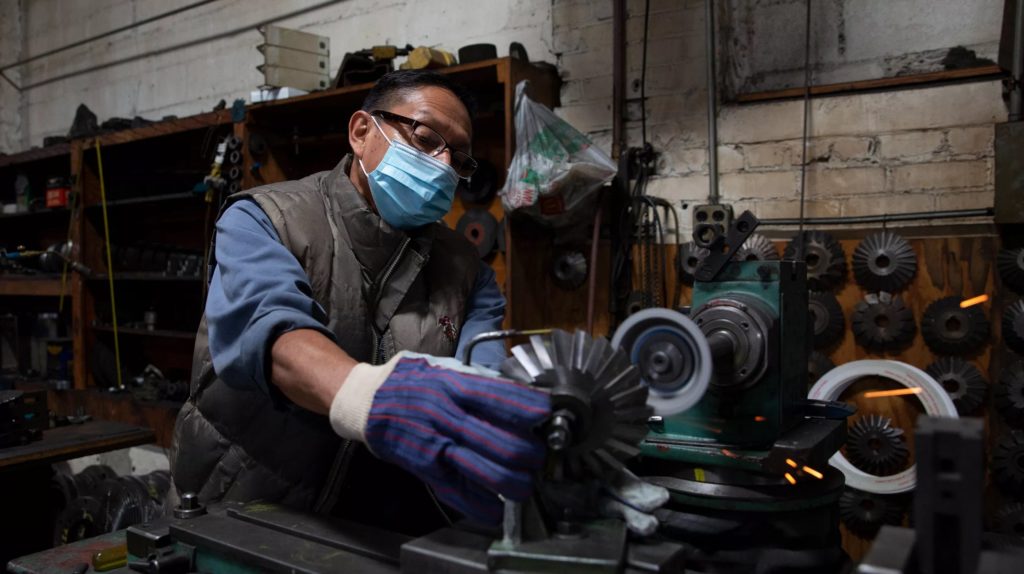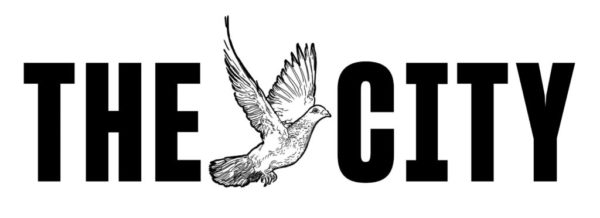Queens elevator company pushes button on new zoning option in bid to keep manufacturing jobs in NYC

 This story was originally published on Nov. 8 by THE CITY. Sign up here to get the latest stories from THE CITY delivered to you each morning.
This story was originally published on Nov. 8 by THE CITY. Sign up here to get the latest stories from THE CITY delivered to you each morning.
Returning to New York after fighting in Vietnam, Carlos Escobar went to work for an elevator company and later founded the Titan Machine Corp. to produce elevator equipment in Long Island City.
He ripped the trunk lid off his car to make his early deliveries as his company started in 1973.

Brooklyn Boro
View MoreNew York City’s most populous borough, Brooklyn, is home to nearly 2.6 million residents. If Brooklyn were an independent city it would be the fourth largest city in the United States. While Brooklyn has become the epitome of ‘cool and hip’ in recent years, for those that were born here, raised families here and improved communities over the years, Brooklyn has never been ‘uncool’.